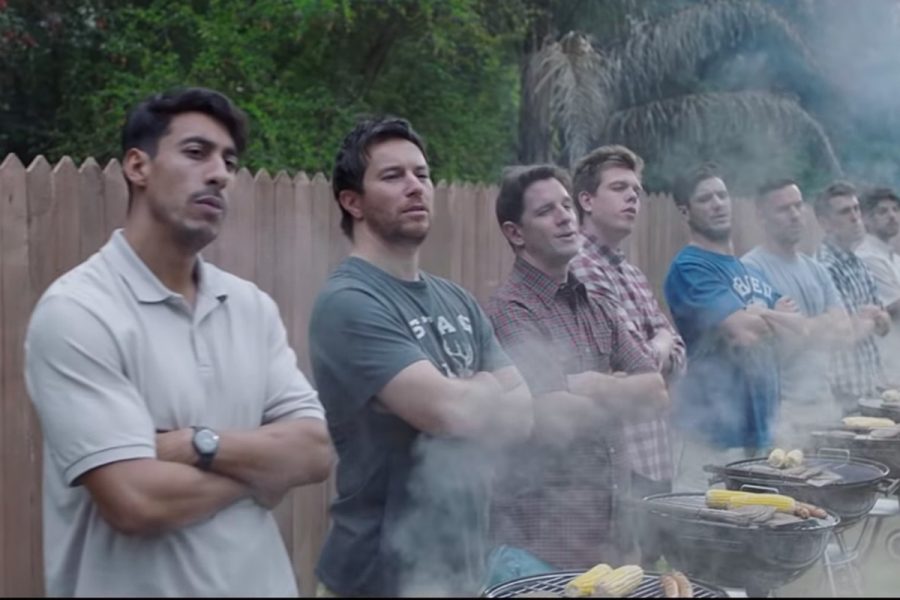In Gillette’s latest advertising campaign, the company have decided to challenge the public image of ‘the best a man can get’, questioning the predetermined stereotypes surrounding masculinity and men’s role within the #MeToo movement.
To date, the advert has garnered 1.2 million dislikes on Youtube, within 25 million views, and has launched a huge outcry from males and females alike, with consumers threatening to boycott the brand due to its negative representation on ‘toxic’ masculinity.
The advert states that sexual harassment has been going on for too long, victimising women in the workplace and at home, and using the time old excuse of “boys will be boys” as justification for their actions. Gillette calls into question our role as a society and the impact we have on the younger generations, witnessing our mistakes and being influenced by them, stating that “men need to hold other men accountable”.
However, displaying the large majority of masculinity within the commercial as toxic and violent has triggered a large outcry from its male consumers and target demographic for, not only being misleading, but it also depicts all men as bullies and misogynistic as a collective, despite Gillette only asking men to intervene when they deem something they see as inappropriate.
After the public outcry surrounding the advertising campaign, Gillette said that they “expected debate — discussion is necessary. For every negative reaction we’ve seen many positive reactions, people calling the effort courageous and timely”.
Undoubtedly, it would have been a better marketing strategy to focus on the positive actions of men across the world, rather than focus on the negatives and pin the blame of sexual harassment allegations and bullying on the gender as a whole, rather than specific individuals.
A good example came from this very advert, where Gilette used the viral clip of a father standing in front of a mirror, teaching his young daughter to say “I am strong”, highlighting the positive actions that men are indeed capable of. After-all, the advert does show that men are capable of change and can help inspire positive change in others as well.
Although Gillette’s intentions aimed to prevent today’s generation from growing into tomorrow’s rule breakers and sexual harassers, it’s fair to say that most viewers took away their message of toxic masculinity, rather than the positive message of hope and inspiration, one that we should all aspire to spread.
By Faith Pring


